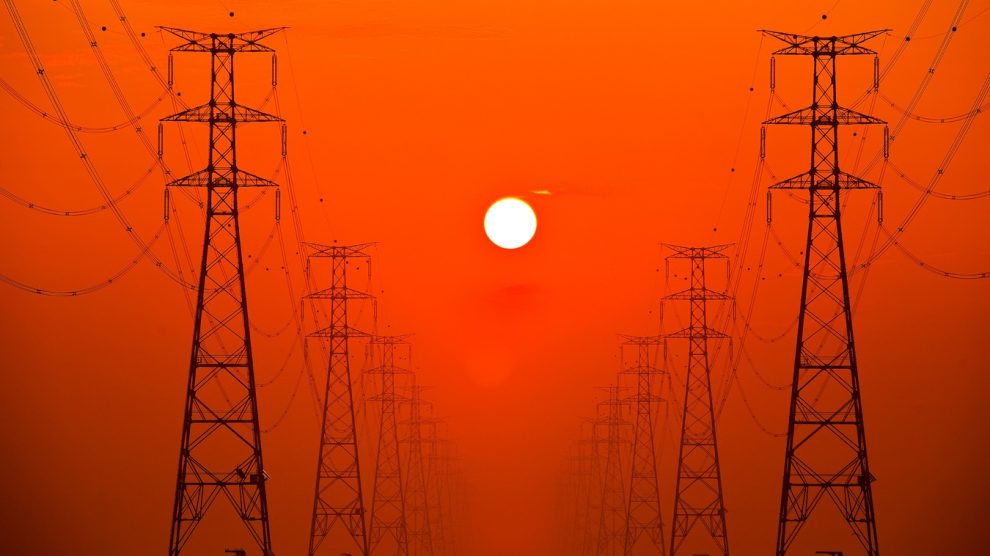Both Italgas, Italy’s biggest operator in the distribution of natural gas, and Terna, which manages the power grids, have announced the resignation of board member Yunpeng He, who represented China’s State Grid Corp.
Mr He’s departure, which is due to professional commitments, became effective when his replacement was nominated. The companies (both of which are listed on the Milan stock exchange) have specified that he is not entitled to indemnities or other benefits.
The event is in line with the heightened attention that Prime Minister Mario Draghi’s government has been reserving to China’s presence in nationally strategic companies. Such as State Grid’s 35% stake in CDP Reti, a holding controlled by Italian State lender CDP that owns significant shares in leading Italian energy and utility companies – namely Snam, Terna and Italgas.
As La Repubblica revealed in October, Mr He allegedly had to walk out of several board meetings due to lingering conflicts. Italy’s current “Golden Power” laws, which endow the government with the power to intervene in the dealings of strategic companies to protect the national interest, were approved at the beginning of the pandemic and have likely contributed to such tensions.
Dario Scannapieco, Mr Draghi’s pick to lead CDP (the two had worked together at the Treasury in the 1990s), is effectively steering the State lender towards a new, more Atlanticist course. Which also transpires from the offer that the American fund KKR made to acquire a significant portion of Italian telecoms behemoth TIM.
In the words of Foreign Affairs: “by aligning its policies with US and broader European priorities” Mr Draghi’s Italy “has made its position clear in the emerging technology contest between China and the West.”
Another proof: in November the State lender oversaw the departure of Franco Bassanini, under whose management State Grid had entered CDP in 2014, from the presidency of Open Fiber, a company in charge of accelerating the development of Italy’s broadband infrastructure.
Meanwhile, State Grid does not seem willing to give up on CDP Reti. This is confirmed by the fact that in mid-November the latter company’s board of directors had co-opted Qinjing Shen, another representative of State Grid, to replace Mr He.
Nowadays, following the Italian cybersecurity reform of 2017 and the European regulation of 2018, a company such as State Grid would not have been able to acquire 35% of CDP Reti. Consequently, the Italian government is looking to realign controlling foreign presences in key companies.
This is why the government is looking for solutions, however uphill the road may be. There’s a precedent: in 2020 another energy and utilities company, Ansaldo Energia, found itself in a similar predicament to CDP in 2014.
The latter went ahead and recapitalised the former itself, while also diluting the shares of Shanghai Electric from 40% to 12.4%. Nonetheless, the solution is far from being straightforward, as the 2014 acquisition terms do not contemplate a clear-cut manner to regulate the exit of the Chinese.




